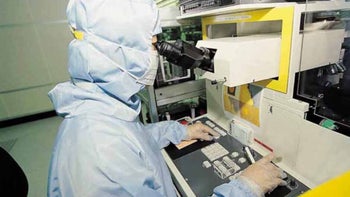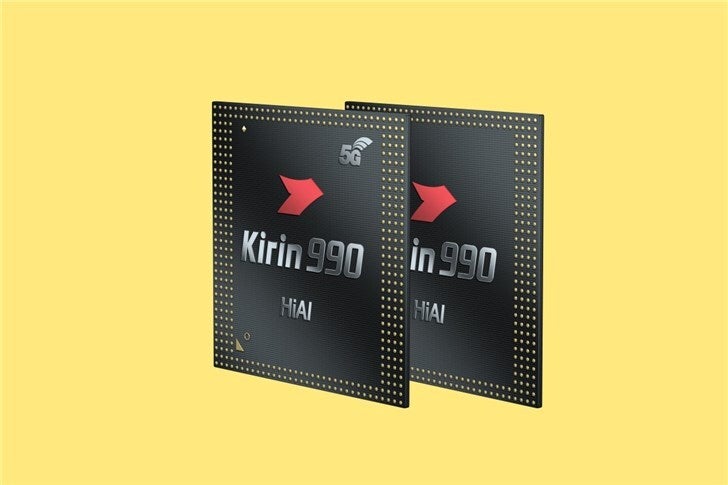TSMC gets license allowing it to ship chips to Huawei; however, there is a major caveat

In May of 2019, the U.S. Commerce Department placed Chinese manufacturer Huawei on the Entity List for security purposes. This prevents Huawei from accessing its U.S. supply chain to purchase software and hardware. Exactly one year later, the U.S. made things even tougher for Huawei by requiring any foundry using U.S. based technology to obtain a license before shipping product to Huawei.
TSMC gets a license allowing it to ship chips to Huawei; there is a major caveat
This is a major blow to Huawei because it can no longer receive the 5nm Kirin 9000 chips produced by TSMC. The manufacturer was counting on employing the cutting-edge component on its top flagship phone series for the year, the Mate 40 family. The chip is also supposed to power the foldable Mate X2 and is also found inside the base stations used on Huawei's 5G networking equipment. Richard Yu, the head of Huawei's consumer business, says that the Kirin 9000 could be the firm's last flagship chip.

The 5nm Kirin 9000 SoC replaces the 7nm Kirin 990
According to Sina.com, on Friday the Associated Press was informed by a source familiar with the matter that TSMC has received a license from the U.S. Department of Commerce that will allow it to ship chips to Huawei, but with some caveats. The chips that the world's largest independent foundry can supply Huawei with have to be produced using more "mature" process nodes. Unfortunately, these older process nodes have no use when it comes to driving today's mobile phones.
It is believed that the mature process nodes include those of 28nm and higher. The advanced process nodes not covered by the license reportedly issued to TSMC include 16nm, 10nm, 7nm, and the latest 5nm nodes. So in other words, when it comes to its phones and networking gear, this license really doesn't help Huawei at all. AMD and Intel also have received licenses allowing those firms to work with Huawei as well. But without the ability to have enough 5nm Kirin 9000 chips in inventory, things are going to be very dicey for the manufacturer.
Huawei ordered 15 million Kirin 9000 SoCs from TSMC but was able to get its hands on only 8.8 million of these chips. This gives the company about six months worth of inventory before it runs out of its much needed and most powerful chip. Those in the know say that the Commerce Department isn't looking to completely block Huawei from receiving semiconductors. But Huawei does need to figure a way around the current ban that keeps it from sourcing advanced process chips.
Back in May, TSMC announced that it is building a facility in the U.S. (Arizona, to be precise) that will reportedly begin operations in 2023. The facility will produce 5nm chips which are cutting-edge now but will probably be pushed aside for 3nm chips by the time 2023 comes around. Some conspiracy theorists believe that while TSMC agreed to build a factory in the U.S. to please President Donald Trump, TSMC asked for one favor in return-that it be allowed to supply Huawei with chips. But Keith Krach, the State Department's secretary of state for economic growth, energy, and the environment, has previously said publicly that the U.S. has not made any such guarantees to TSMC.
Yesterday, TSMC reported third-quarter revenue of 84.488 billion yuan ($73.9 million USD) up 14.7 percent sequentially from Q2, and up 21.65 percent year-over-year. That figure set a new single-quarter record achieved during last year's fourth quarter.
Huawei brass might be hoping that a new administration wins the upcoming U.S. election and reverses the orders that have put Huawei in its current predicament. But with the election less than 30 days away, even a sweeping change won't immediately result in Huawei getting immediate access to its 5nm Kirin chips again.













Things that are NOT allowed: